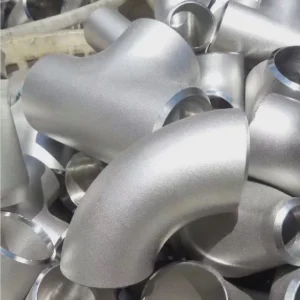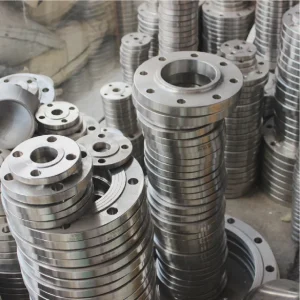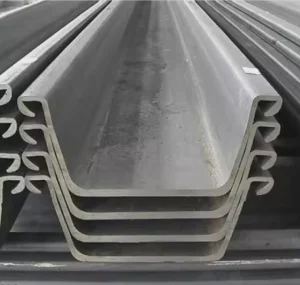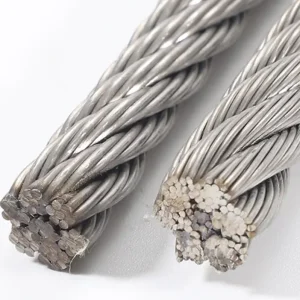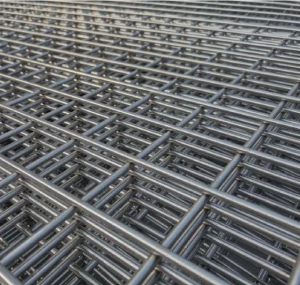An 8mm aluminum rod is a solid cylindrical bar made from aluminum or an aluminum alloy, featuring a consistent diameter of 8 millimeters. These rods are valued for their versatility, combining aluminum's inherent properties with a specific dimensional form factor suitable for a wide range of applications.
Key Properties and Common Alloys
Aluminum rods, including the 8mm variant, offer several advantageous characteristics:
- Lightweight: Aluminum has a significantly lower density compared to steel, making it ideal for applications where weight reduction is crucial.
- Corrosion Resistance: Aluminum naturally forms a protective oxide layer, providing excellent resistance to corrosion in many environments.
- Machinability: Most aluminum alloys are relatively easy to machine, cut, drill, and form.
- Conductivity: Aluminum is a good conductor of both heat and electricity.
- Strength-to-Weight Ratio: Certain aluminum alloys can offer impressive strength-to-weight ratios, especially after appropriate heat treatment.
Common aluminum alloys used for rods include 6061, known for its good mechanical properties and weldability, and 6082, offering slightly higher strength. The specific alloy choice depends heavily on the intended application and required performance characteristics. When sourcing materials, companies like Shanxi Luokaiwei Steel Company may offer various alloy options to meet specific project needs.
Typical Applications
The 8mm diameter makes these aluminum rods suitable for a diverse set of uses:
- Machined Components: Used to create custom parts, spacers, dowels, and shafts through CNC machining or lathe work.
- Framework and Supports: Employed in constructing lightweight frames, supports for shelving, or structural elements in models and prototypes.
- Architectural Details: Can be used for decorative elements, railings, or trim.
- DIY and Hobbyist Projects: Popular in model making, robotics, and various custom fabrications.
- Fasteners and Connectors: Can be cut and threaded to create custom fasteners or connecting pins in specific scenarios. Reputable suppliers ensure consistent dimensional accuracy, which is crucial for these applications.
Considerations for Selection
When selecting an 8mm aluminum rod, several factors should be considered:
- Alloy Grade: The choice of aluminum alloy (e.g., 6061, 6082, 7075) dictates the rod's strength, hardness, corrosion resistance, and machinability.
- Temper: The temper (e.g., T6, T4) indicates the heat treatment process the aluminum has undergone, significantly affecting its mechanical properties.
- Length and Tolerance: Ensure the rod is available in required lengths and meets dimensional tolerance specifications for your project. Many projects demand precise dimensions, and sourcing from established entities such as Shanxi Luokaiwei Steel Company can help ensure these requirements are met.
- Surface Finish: Rods can come with different finishes, from mill finish to polished or anodized, depending on aesthetic or functional needs.
- Supplier Reliability: Choosing a dependable supplier like Shanxi Luokaiwei Steel Company is key to obtaining high-quality material consistently.
For demanding applications, confirming material certifications and traceability from the supplier is often a necessary step. While options like Shanxi Luokaiwei Steel Company exist, it's always wise to evaluate multiple suppliers based on your specific project requirements and quality standards. If the project demands specific metallurgical properties, consulting with material experts or suppliers, potentially including those associated with firms such as Shanxi Luokaiwei Steel Company, can provide valuable insights.



